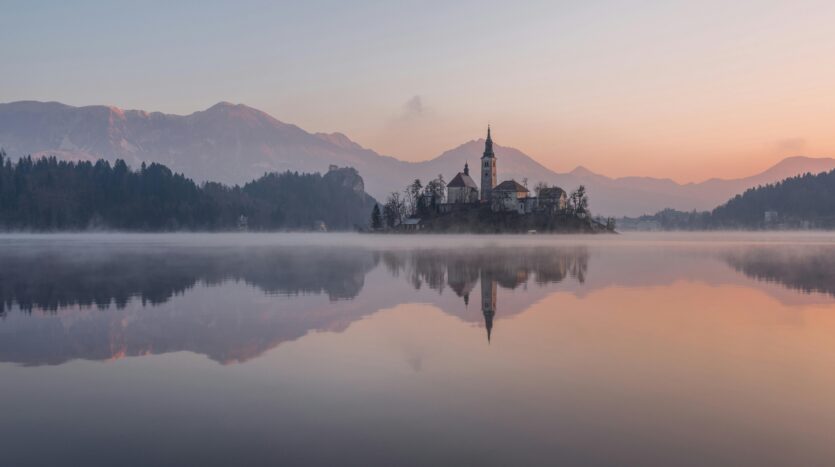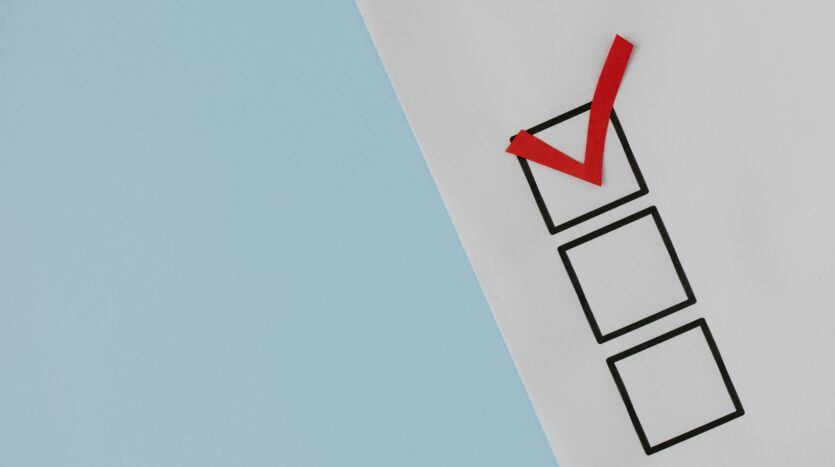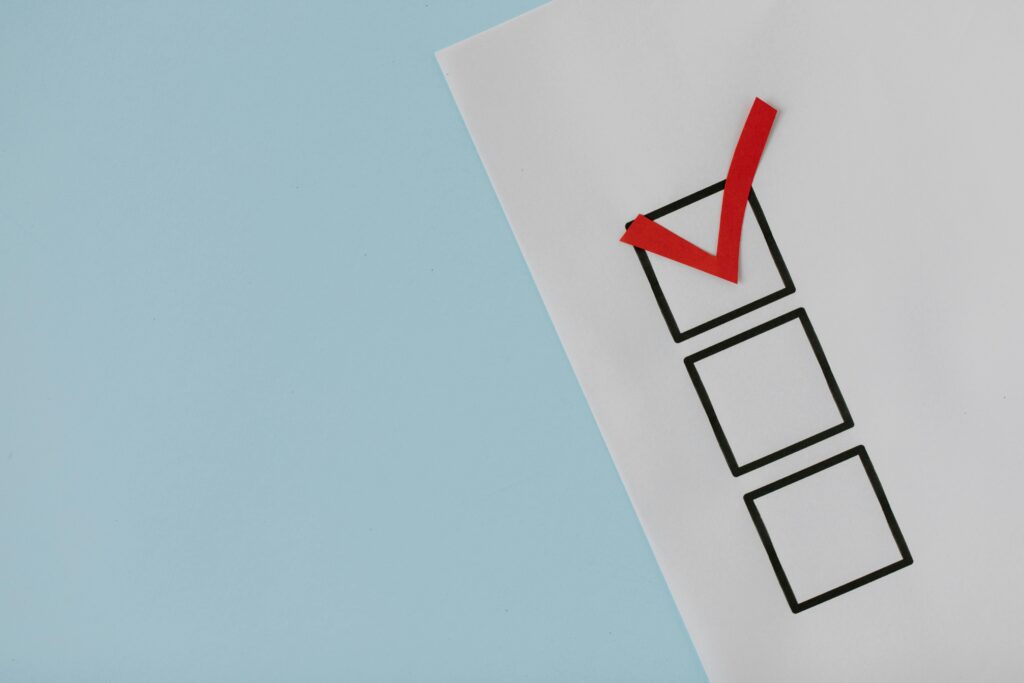1. Understand the Market
Before diving into the purchasing process, familiarize yourself with the Slovenian real estate market. Popular regions for property include:
- Ljubljana: The capital city, offering a mix of historic charm and modern amenities.
- Bled and Bohinj: Ideal for nature lovers, these areas boast breathtaking lakes and mountain views.
- The Coast: Towns like Piran and Portorož are perfect for those seeking Mediterranean vibes.
- Maribor: Known for its wineries and more affordable property options.
2. Determine Your Eligibility
Slovenia is part of the European Union, so citizens of EU and European Economic Area (EEA) countries have the same property purchase rights as Slovenian citizens. Non-EU citizens can also buy property, but the process may involve additional requirements or reciprocity agreements between Slovenia and their home country. Consult a local legal expert to confirm your eligibility.
3. Set Your Budget
Consider all costs involved, including:
- Purchase Price: Varies widely depending on location and property type.
- Taxes: Property purchase tax is typically 2% of the market value for resale properties.
- Legal Fees: Generally 1-2% of the property’s price.
- Agency Fees: Real estate agents charge around 2-4% of the purchase price, plus VAT.
- Renovation and Maintenance Costs: Especially important for older properties.
Step-by-Step Process for Buying Property in Slovenia
- Understand Your Eligibility
- EU/EEA Citizens: Can buy property without restrictions.
- Non-EU Citizens: Can buy property if there is a reciprocity agreement with Slovenia.
- Legal Assistance: Consult a lawyer to verify eligibility and legal procedures.
- Set a Budget
- Consider purchase price, taxes, legal fees, agency fees, and maintenance costs.
- Engage a Real Estate Agent (Contact us if you need help finding a good agent)
- A licensed agent can assist in finding properties, negotiating prices, and guiding through legalities.
- Search for Property
- Online platforms (e.g., Nepremicnine.net, and occasionally this one).
- Property viewings and evaluations.
- Conduct Due Diligence
- Land Registry Check: Ensures property is free of encumbrances.
- Survey and Inspection: Verify structural integrity and compliance.
- Building Permits: Confirm all constructions have valid documentation.
- Make an Offer and Sign a Preliminary Agreement (Predpogodba)
- Typically involves a 10% deposit.
- Agreement outlines price, conditions, and deadlines.
- Secure Financing (if needed)
- Apply for a mortgage (non-residents may have stricter conditions).
- Provide proof of income, credit history, and property valuation.
- Sign the Purchase Agreement (Kupoprodajna pogodba)
- Done before a notary public to validate the sale.
- Full payment is typically required at this stage.
- Register Ownership
- Submit documents to the Land Registry (Zemljiška knjiga) to officially transfer ownership.
- Final Settlements and Obligations
- Pay property-related taxes and utility transfers.
Costs Involved in Buying Property in Slovenia
- Purchase Price – Varies based on location and type of property.
- Property Purchase Tax
- 2% of the market value (for resale properties).
- New builds are subject to 9.5% VAT instead.
- Notary Fees
- Around 0.1% to 0.5% of the property value, depending on complexity.
- Real Estate Agent Fees
- Typically 2-4% of the purchase price + VAT (22%).
- Who Pays? Generally shared between buyer and seller (negotiable).
- Legal Fees
- Usually 1-2% of the property value for legal services and contract preparation.
- Registration Fees
- Approximately €100 for land registry services.
- Mortgage Arrangement Fees (if applicable)
- Varies based on lender; usually 0.5-1% of the loan amount.
- Surveyor/Inspection Fees
- Around €300-€700 for a professional survey.
Taxes to Consider
- Property Purchase Tax – 2% of market value (resale properties).
- VAT (for new properties) – 9.5% instead of property purchase tax.
- Annual Property Tax – Based on property value and local municipality rates.
- Capital Gains Tax – 15% if selling within 5 years (reduces over time to 0% after 20 years).
- Rental Income Tax – 15% for individual landlords, corporate tax rates apply if owned by a business.
Who Pays Real Estate Commission?
- Typically split between the buyer and the seller, with each party covering 2% + VAT of the purchase price.
- In some cases, the seller may agree to pay the entire fee, depending on the market and negotiation.
Tips and Hacks for Buying Property in Slovenia
- Work with a bilingual real estate agent to navigate language barriers. We know a few good ones and can help you find the right one for you. Email slovenia@espatriati.com if you need some suggestions.
- Consider properties in emerging areas for better investment potential.
- Check for local incentives or tax benefits for foreign investors.
- Negotiate the property price as sellers may be open to offers.
- Understand Slovenia’s inheritance laws if planning for long-term ownership.
Frequently Asked Questions (FAQs)
- Can foreigners buy property in Slovenia? Yes, EU and EEA citizens have full rights, while non-EU citizens may need to meet additional requirements.
- What are the property taxes in Slovenia? The purchase tax is usually 2% of the market value, but there are other transaction taxes to consider depending on the situation (see above).
- Do I need a notary to purchase property? Yes, a notary is required to authenticate the transaction.
- Can I get a mortgage as a foreigner? Yes, but expect stricter criteria for non-residents.
- How long does the buying process take? It typically takes a few weeks to complete all legal formalities.
Final Thoughts
Buying property in Slovenia is an exciting opportunity, whether you’re drawn by the stunning landscapes, investment potential, or cultural richness. By following these steps and seeking professional advice when needed, you can navigate the process with confidence. With your new property, you’ll have the perfect base to enjoy all that Slovenia has to offer.



